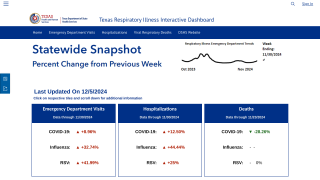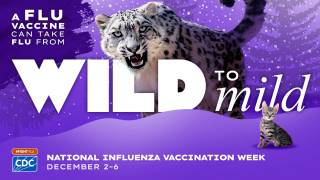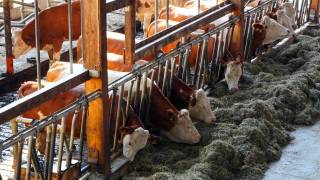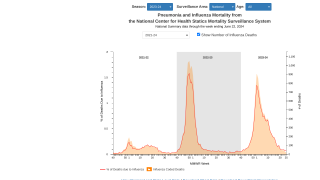Flu Vaccine Compositions For 2019-2020 Announced

The World Health Organization (WHO) issued its recommendations on the composition of the influenza vaccines for deployment during the 2019-2020 flu season in the Northern Hemisphere.
This is important news since approximately 90 percent of the world’s population live in the Northern Hemisphere.
This area encompasses the entire continent of North America, which includes Central America and all of Europe, most of Asia, approximately two-thirds of Africa, and about ten percent of South America
Twice annually, the WHO organizes consultations with an advisory group of experts to analyze influenza virus surveillance data generated by the WHO Global Influenza Surveillance and Response System (GISRS), and issues recommendations on the composition of the influenza vaccines for the following influenza season.
These WHO vaccine recommendations are used by the national vaccine regulatory agencies and pharmaceutical companies to develop, produce and license influenza vaccines.
The WHO recommendations for the 2019-2020 Northern Hemisphere flu season are as follows:
- It is recommended that quadrivalent vaccines contain the following: - an A/Brisbane/02/2018 (H1N1)pdm09-like virus; - an A(H3N2) virus to be announced on 21 March 2019*; - a B/Colorado/06/2017-like virus (B/Victoria/2/87 lineage); and - a B/Phuket/3073/2013-like virus (B/Yamagata/16/88 lineage).
- It is recommended that the influenza B virus component of trivalent vaccines be a B/Colorado/06/2017-like virus of the B/Victoria/2/87-lineage.
- In light of recent changes in the proportions of genetically and antigenically diverse A(H3N2) viruses, the recommendation for the A(H3N2) component has been postponed.
The WHO’s lists of egg or cell culture-propagated candidate vaccine viruses (CVVs) suitable for use in human vaccine production are available on the WHO website.
CVVs for zoonotic influenza viruses are listed on the same website.
A list of reagents for vaccine standardization, including those for this recommendation, can also be found on the WHO website.
As in previous years, national public health authorities are responsible for making recommendations regarding the use of the vaccine.
But, each national or regional authority approves the actual composition and formulation of vaccines used in each country.
For additional information, please visit the WHO website.
Our Trust Standards: Medical Advisory Committee

























